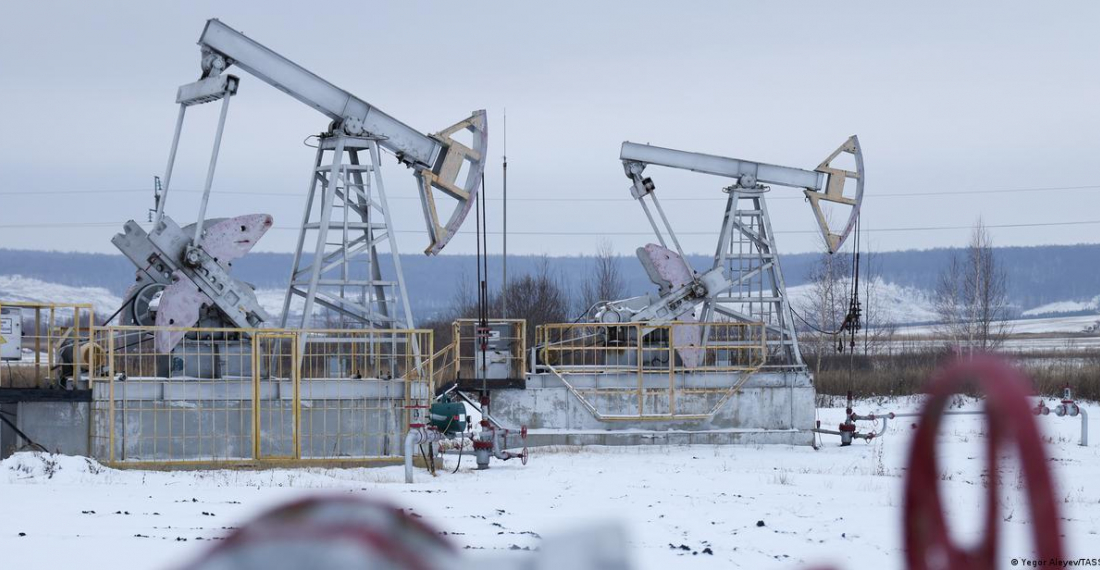Russian Deputy Prime Minister Alexander Novak stated on Sunday that Moscow will not adhere to the price cap of $60 per barrel imposed by the G7 on the sale of Russian oil to non-EU countries, and will reduce production in order to make up for lost exports.
Novak also argued that the price cap mechanism contravenes World Trade Organization rules, would cause a decrease in energy investment, and could potentially lead to worldwide shortages and further market disruption.
Novak said Russia "will only sell oil and oil products to those countries which will work with us on market conditions, even if we have to somewhat cut production", according to the TASS report.
He further declared that the price cap could eventually "be applied not only to oil but to other products on the market, and not only to Russia but to other countries as well".
The price cap was put forward in September by the G7 group of industrialised nations (the US, Canada, the UK, France, Germany, Italy, Japan and the EU) in a bid to hit Moscow's ability to finance the war in Ukraine.






